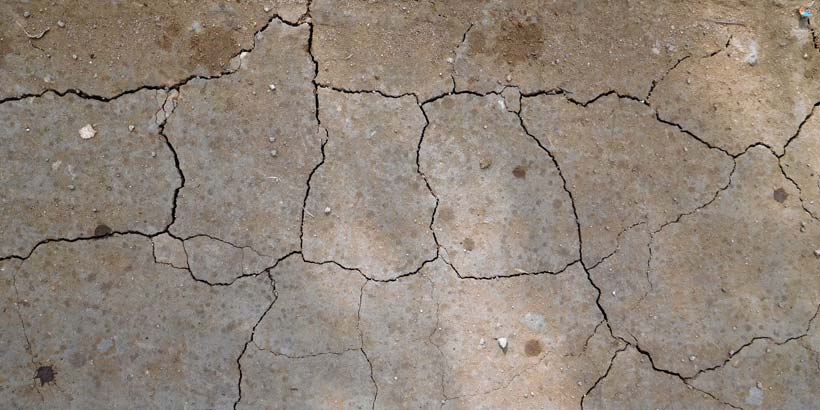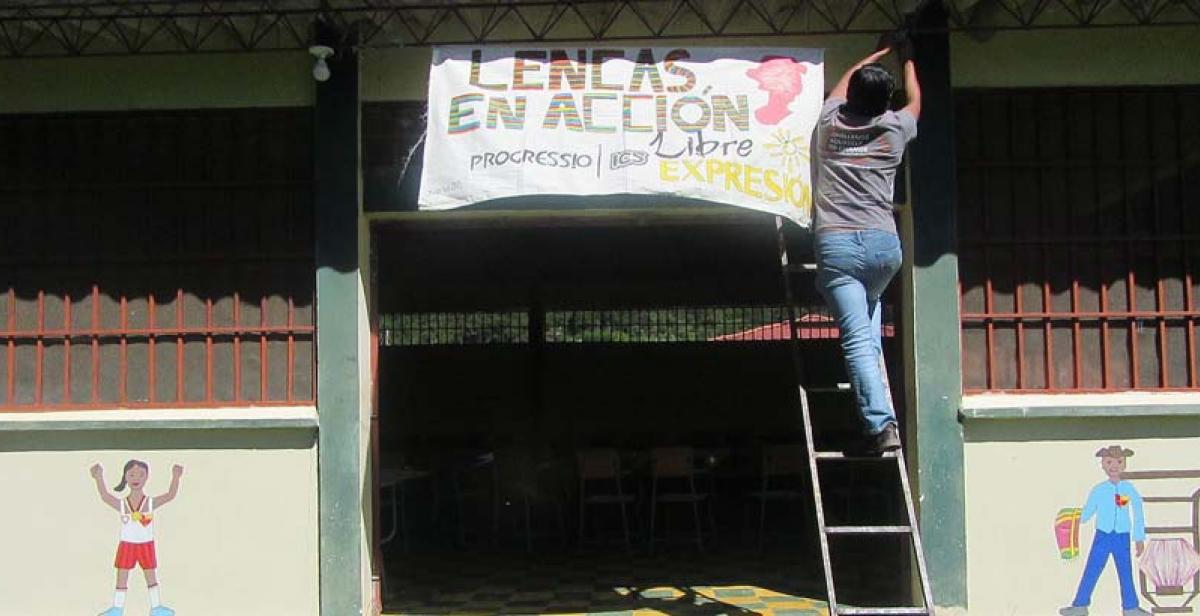Despite having lived and worked in Honduras for nearly a month now, one thing that hasn't changed for us UK volunteers is the weather being a constant source of conversation matter. While our first week was relatively boring weather-conversation wise - it being gorgeously warm most days in Tegucigalpa - upon arrival in La Esperanza (famously the coolest place in all of Honduras due to its high altitude) the weather has been much more up and down. Boiling sunshine one minute and torrential downpours the next has resulted in many a regretful outfit choice and some emergency footwear shopping, even including some Wellington boots - comfort over style winning every time.
One particular afternoon we were scheduled to meet with the committee of retired teachers of La Esperanza (Secciona #27 de Maestros Jubilados y Pensionados) regarding our project and the donation of books for the library at CETIIN (Centro Educativo de Tecnológico Indigenista Intibucano). As we were getting ready to walk however, the heavens decided to open and so began the heaviest rain I've ever witnessed. Dressed in as much waterproof gear possible, we ventured off to town and quickly realised that 'waterproof' doesn't really count when out in tropical rain for more than two minutes. Regardless we pushed on, crossing literal rivers and arriving at the meeting with a new definition to the word soggy.
And while the weather that day was only a mild problem, and was in all honestly mostly amusing and story worthy for us, the weather in La Esperanza and Honduras can actually pose more of a serious problem. Honduras is the country second most affected by global warming in the world, and the extreme effects of climate change are unfortunately clear to see. While a lot of the country is currently experiencing a drought - meaning the ground becomes dry and hard - when it does rain, it floods, as the water struggles to be absorbed and thus runs directly and too quickly into the surrounding river. Recent rain in Siguatapeque has resulted in major flooding and tragically the death of five people. Furthermore, the weather can have a negative effect on crops in the country, one of the main sources for both income and food consumption in Honduras.

Consequently, one of our objectives for our project at CETIIN - to repair the roof of the students’ library - is all the more necessary. Without a functioning roof, the room remains unusable and at the mercy of rain. This then means that the students lack adequate space to study or learn employability skills. With the roof planned to start repairs next week, however, we can begin work on implementing the use of the library alongside the workshops on gender empowerment and self-esteem we have been running. So although the weather remains rainy here in La Esperanza, the future is looking bright!
Written by ICS volunteer Rose Geldart



